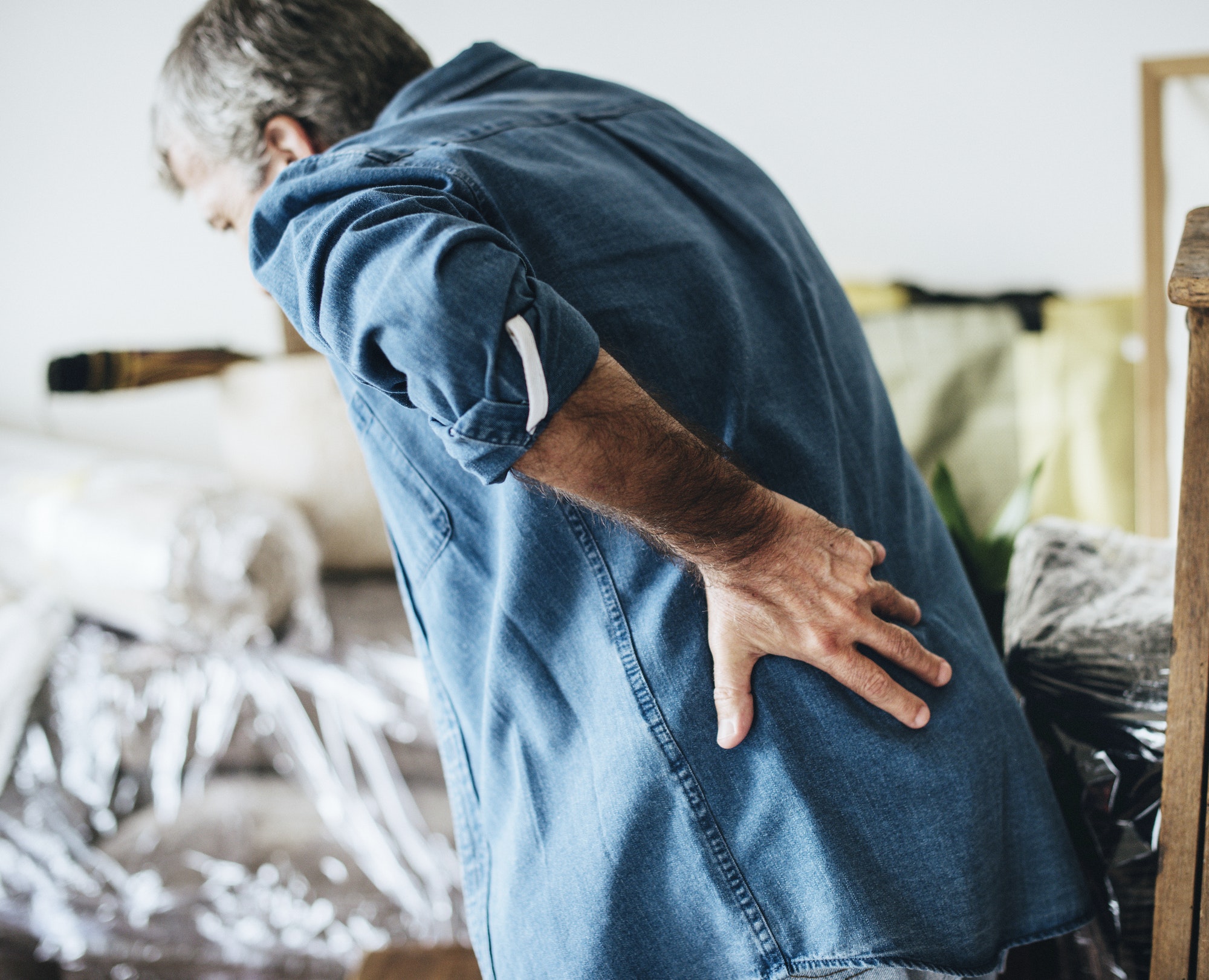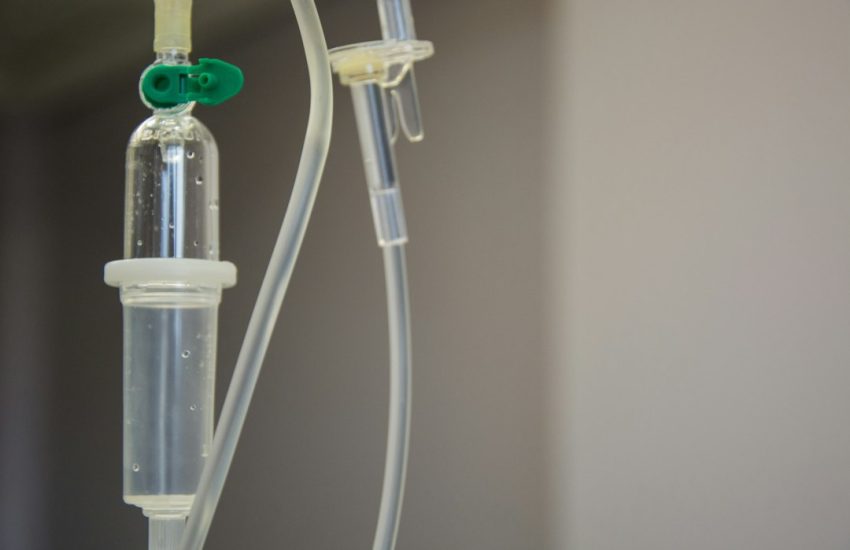Step by Step Process for Relieving Chronic Pain
Chronic (or sometimes called persistent pain) is a type of pain that lasts longer than expected. Sometimes, it carries on for as long as 12 weeks. Naturally, you will go back to normal after pain when you are injured or after an operation. But sometimes, without being injured or any history of operation, you still feel pain and it can carry on for weeks and beyond.
Contents
Is Chronic Pain Common?
Chronic pain is very common in the United States and it’s the cause of most long-term disabilities. It affects more than 100 million Americans. As stated by the American Academy of Pain Medicine, in 7.8 billion people in the world (as of 2020), 1.5 billion have (or have experienced) chronic pain.
Who Are Affected By Chronic Pain?
Apparently, people of all ages might be affected by chronic pain and it targets all parts of our body. It also affects people with;
diabetes
arthritis
fibromyalgia
irritable bowel movement
back pain
People who are stressed or mentally unstable are more likely to develop chronic pain. You can actually tell when a normal pain turns to chronic pain. It’s not a joke and it is not something to take more lightly as it can be complex and serious.
Some common chronic pain include;
Headache
Postsurgical pain
Post-trauma pain
Lower back pain
Cancer pain
Arthritis pain
Neurogenic pain (pain caused by nerve damage)
Nsychogenic pain (pain that isn’t caused by disease, injury, or nerve damage)
Can Chronic Pain Be Cured?
No, unfortunately, chronic pain can’t be cured. As stated by Cohen, “Managing chronic pain is usually a long process.” “Someone who has had ongoing back pain for 18 years shouldn’t expect that after a few visits to a pain doctor they’ll be cured,” he added.
Although there is no single cure to heal chronic pain, there’s something you can do to relieve it.
1. Therapy
Take note, therapy cannot heal or cure chronic pain but it can relieve it. But once gone, don’t expect it to not come back. There are several types of therapy, which include:
Occupational therapy – This is an everyday activity that avoids injury or relieves pain.
Behavioral therapy – Methods for relaxation such as mediation to decrease stress.
Low-impact exercise – Exercise that doesn’t need so much effort such as walking or biking.
Physical therapy – Helps to improve movement, mobility, and function.
2. Try Over-the-Counter Medicines
Acetaminophen (Tylenol) and/or Nonsteroidal anti-inflammatory drugs (NSAIDs), including ibuprofen (Motrin, Advil), naproxen (Aleve, Naprosyn), or diclofenac gel. Both medicines help reduce pain, such as muscle stiffness or aches but only NSAIDs treat inflammation. There are side effects of NSAIDs – the risk of getting a heart attack, stroke, or ulcers may increase.
3. Embrace the Pain
If the pain doesn’t go away even after medication or therapy treatment, you have to embrace the pain. This helps you to be stronger as is. Suppressing your feelings won’t do well for you.
4. Sometimes, It’s Only in Our Minds
Although vague, some chronic pain is only caused by our minds. According to Dr. John Sarno, a client can overcome their chronic pain only by accepting that this pain is 100% surely made by mind.
5. Face Your Fears
According to Dr. Daniel Lyman, most of his client has fear taken control of their thoughts. The only way to overcome we fear is to face it. If we are now certain that our pain has something to do with our mental health, we will now have an idea of how to start the process of healing or relieving it. The sooner you face your fears, the better. By this, we can no longer prolong our agony.
6. Avoid Stress as Much as Possible
Since we now know that most cases of chronic pain are only caused by our minds, taking care of our brain will participate in the process of relieving the pain. As much as possible, do not stress yourself. Take a deep breath and relax. Think only about good things. Stay away from all the negativity and foster a good mind. Because the more you are stressed out, the more you risk yourself from acquiring chronic diseases.
7. Have Patience and Trust the Process
As we all know, chronic pain doesn’t go away easily. It can’t be relieved in a snap and it takes some time to build healthy habits, especially if you are not used to it. If you are very patient in your treatment to relieve the pain, eventually it will be worth it.
Final Thoughts
Normally, we can be too obsessed with relieving our pain to the point where our mind is blocked and it only sees how to heal it. But sometimes, the harder we think the more we pressed our brain which leads to stress. Calming ourselves first will do good.”



